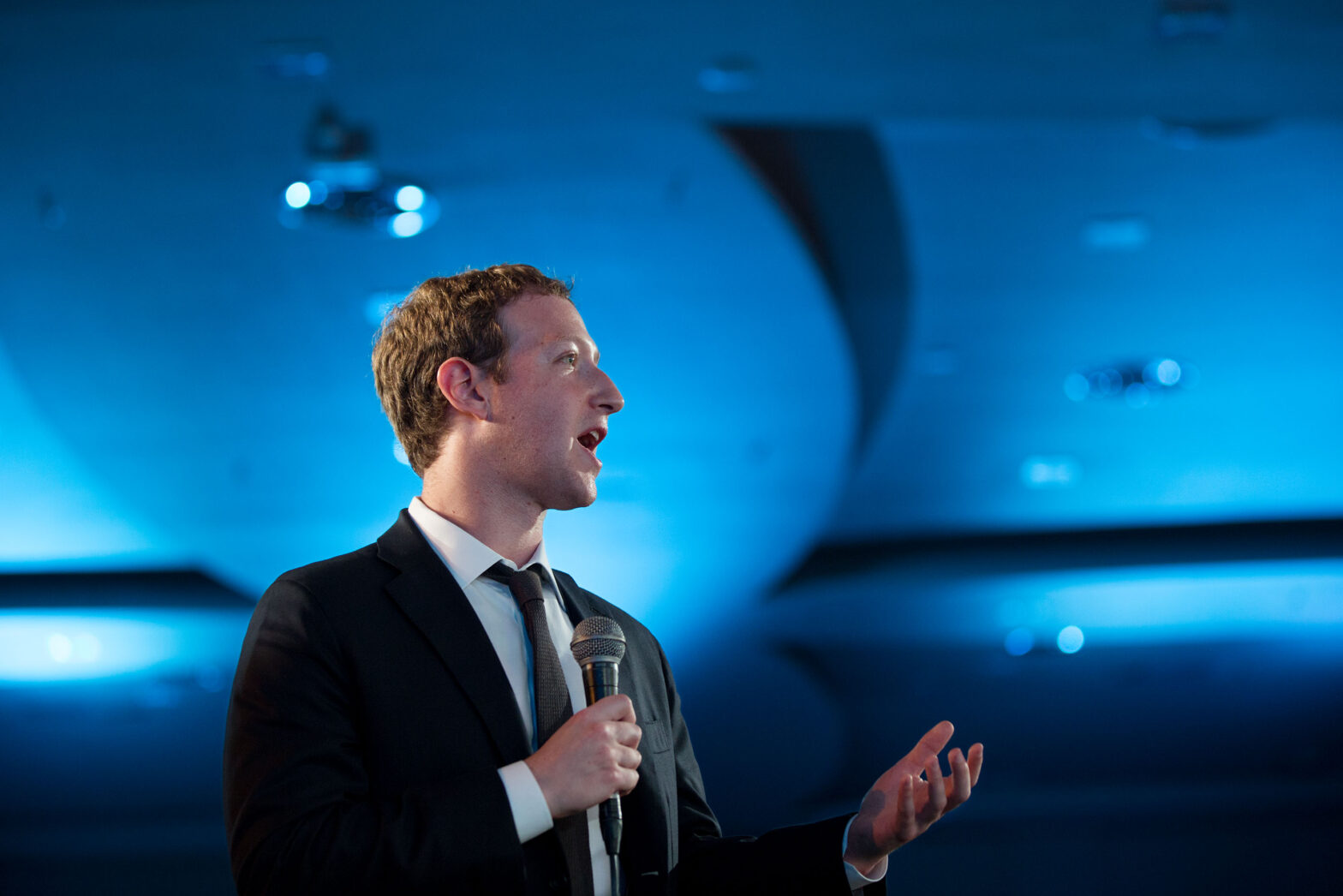Do we really need Facebook? Studies show that reading posts on the social media site can make us feel unhappy. Now Facebook is to be fined $5billion by the US Federal Trade Commission (FTC) for privacy violations related to use of data on Facebook users by Cambridge Analytica.
The fine dwarfs the recent fines dished out by the UK privacy regulator, the ICO, against BA — £183million — and Marriott — £99million.
Even so, critics say that the fine is too small. The three FTC commissioners who voted for the fine were Republicans, the two who voted against were Democrats, calling for a much higher penalty. Yet, $5billion represents 10% of Facebook’s turnover in 2018. Only in America, they say. Under the EU’s hotly debated privacy regulation, GDPR, the maximum regulators can fine a company over GDPR non compliance is 4% of turnover. The BA fine represented just 1% of its parent company’s (IAG) turnover.
UK government takes on fake news in effort to curb misinformation, and brands Facebook ‘digital gangsters’
All of a sudden, the EU’s regulators, empowered by GDPR, seem like playful kittens compared to the unforgiving FTC. Quite ironic when you consider that privacy experts have slated the US for its lacklustre approach to privacy regulation — even California’s new privacy regulation, due to come into force next year, is considered to be a soft touch compared to GDPR.
This all begs the question, why wasn’t Facebook fined in Europe? In October 2018, the ICO fined Facebook $500,000 for failing to protect user’s data. So that was just 1% of the fine imposed on Facebook in the US. Come to think of it, EU regulators are not so much like kittens in comparison to the FTC, they are more akin to toothless kittens.
In fairness, it should be pointed out that EU regulators can’t fine companies under GDPR for compliance issues that occurred before GDPR came into force. The Cambridge Analytica breach occurred and was widely publicised before GDPR came into force on May 25 2018.
Will Facebook’s Libra lead to a dystopian future?
Yet, despite this, Facebook’s share price moved to within a whisker of the all time high, after news of the fine broke. At close of the trading day July 12th 2019, Facebook shares were at $204.87. The all time high for its share price was $217.50, set in July 2018. In after hours trading, Facebook shares rose to around $205, the second highest level for the share price ever. It will come as no surprise if, on the first day back after the weekend, Facebook shares hit a new record. $5billion may seem like a lot of money, it might be at a level that the likes of the ICO can only fantasise about, but for Facebook, market cap $584 billion, it is about as threatening as Kitty, or Tibbles.
But Facebook has bigger issues.
Facebook can make us unhappy. Who says this? Well, none other than Facebook itself. “In general, when people spend a lot of time passively consuming information — reading but not interacting with people — they report feeling worse afterwards,” it said. . It added: “A study from UC San Diego and Yale found that people who clicked on about four times as many links as the average person, or who liked twice as many posts, reported worse mental healththan average in a survey.”
On the other hand, Facebook cited other research that users who actively engaged with others, not merely liking, but interacting via written conversation “reported improvements in social support, depression and loneliness.”
So not only does Facebook have a privacy problem, it has a mental well-being problem too.
It is as if people go on social media to scratch an itch — but in the process they can create a sore.
How do you solve a problem like Facebook?
Shannon Vallor, a philosopher of technology at Santa Clara University, California looked into the relationship between social media and multitasking. “Multitasking did provide strong gratifications of a habitual sort,” she said, “it ‘scratched the itch,’ if you will. And ‘like a locomotive picking up steam,’ the more subjects multitasked on a given day, the more they found themselves compelled to do it the next day.”
There is another issue with Facebook. It’s not so cool. It’s not so popular with the kids or students, who may Snap, use Instagram or WhatsApp instead. And in general, where the kids go, their parents follow. It was students who made Facebook popular. Will their lack of interest make it unpopular?
Facebook the company may have less to worry about, after all it owns Instagram and WhatsApp, not to mention Oculus Rift, potentially covering for the possibility social media may migrate to virtual space.
As for privacy, these days, what with former British Deputy Prime Minister Nick Clegg as its PR man, Facebook is presenting itself as the face, as it were, of responsibility, privacy at its core.
But the Facebook business model hinges upon data, and as we become more privacy conscious will we trust it?
Joel Hernández reckons that this issue of privacy creates a fatal flaw in the Facebook business model. This is why he is trying to create a European rival to Facebook, called Open Book, but which instead of generating revenue from advertising, provides a trading platform using a cryptocurrency. It’s an idea that has privacy by design built into it — no need to hold private data.
“Our approach is different,” he recently told Information Age. Instead he puts emphasis on “transparency, accountability, privacy and collaboration with governing organisms.
Is Facebook worried? The markets see no reason to panic. But whether the markets understand that providing privacy is becoming a must, that fashions change and Facebook might not be in vogue is quite another matter.







